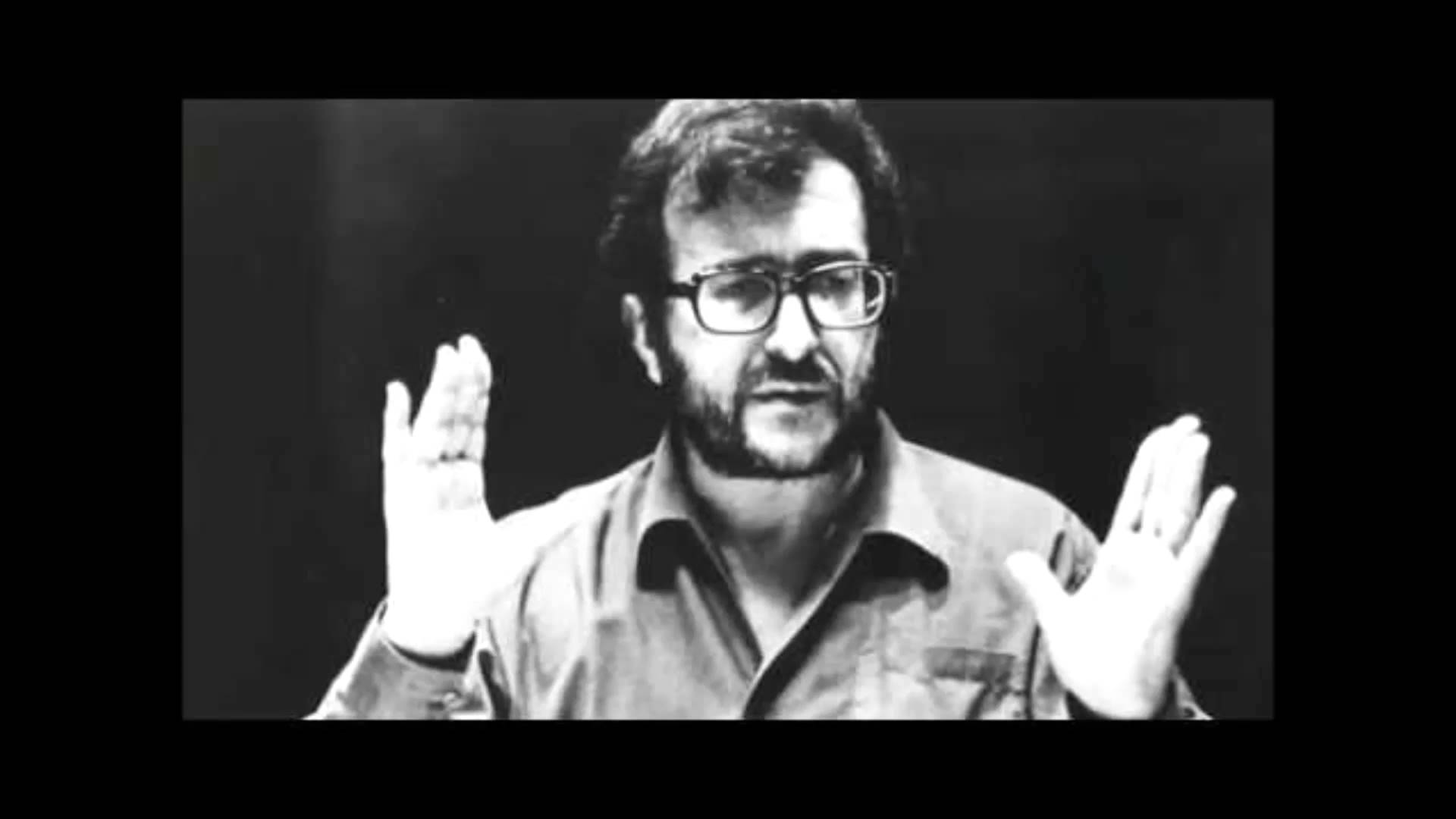Before Berio lost his mojo
mainFrom the Lebrecht Album of the Week:
Since we’re unlikely in the next few years to hear another live performance of Berio’s massive Sinfonia — his collage tribute to Mahler’s second symphony — we’ll have to make do with the works that followed it….
Read on here.
And here.






Luciano Berio once uttered one of my favorite statements regarding contemporary music. In an interview on an independent radio station in Los Angeles (this would been ca. the mid-1970s), he was asked about extended techniques, i.e., utilizing or modifying extant instruments to yield new and different sounds and timbres. He sighed audibly and said, in his heavily accented English, “Well…I don’t-a like-a… How much artistic expression can you get putting junk in a Steinway?”
There have been several posters here over the years who mocked the notion of the prepared piano as a terrible modernist invention that no one wanted. As long as it was associated almost entirely with John Cage, that might have been fair. But then Pärt’s Tabula Rasa, one of the most successful classical pieces of recent decades (with an impact far beyond the classical-music world strictly speaking) uses a prepared piano. And in the jazz world the Swiss pianist Colin Vallon, who has drawn quite a following, sometimes inserts objects into the piano to alter the timbre.
The beautiful piece Tabula Rasa uses the sounds of a prepared piano as an alienating element, something from outside the music, and that is exactly what makes the piece so effective. The ‘alienation’ is somehow integrated in the musical context.
Don’t understand. If Coro is also for a large orchestra, why is it more likely to be performed than Sinfonia ?
The premise of the linked review is the sort of provocative hook that our proprietor, as a tabloid-style journalist, relies on even if it isn’t actually true. While Berio did write a completion of a Schubert symphony (Rendering) that has been performed and recorded several times, many of the works of his last decades of composing cannot be honestly called “pastiche Schubert”. That is, he continued to use many of the same techniques that evolved out of Darmstadt-style modernism. Thus, someone who enjoyed, say, Coro or Points on the Curve to Find would probably enjoy going on to Ofanim or Stanze. (Inversely, someone who didn’t enjoy those earlier Berio works should not assume that later Berio is just a series of crowdpleasers).
‘Rendering’ is a collage of Schubert fragments and the cement of Berio’s own invention, entirely incompatible and meant as such. Like an incomplete mosaic, as he explained himself, where the missing bits show the cement of the plain wall.
Here it is:
https://www.youtube.com/watch?v=NQB5bFTwHfI
My suspicion with such enterprises is that deep-down the composer would like to write like Schubert, but alas, that would not fit within the historical narrative of progress and development – history not as a result of man’s deeds, but as an instructive polit bureau.
But it is brilliantly done.
As a fan of Maestro Berio (and, for a short period, his copyist, working on the wonderful ‘Ofanim’ – why has this not been recorded?) I can say that his penchant for arranging Brahms clarinet sonatas and Mahler songs appeared as a disappointing creative cul de sac after the thrills of the two works on this disc. And the later operas (‘Outis’ for example) seem to have vanished into thin air.
The arrangement of the Brahms sonata (As far as I know, there was only one arrangement) has been carried-out very different from Brahms’ own scoring style, and Berio’s silly orchestral introduction shows all too clearly his lack of understanding tonal, traditional music.
For the people who gave their thumb-downs, here is proof:
https://www.youtube.com/watch?v=0nQZOWpnFB4
But Grosz, one of the very best string players in the world, is fantastic. He deserves a better concerto (there are no 19C concerti for the viola).
Turkish composer Fazil Say plays his “Black Earth” on an unusually manipulated piano that I like. He played it here in a recital, reaching inside the piano case to pluck bass strings over an ostinato. His CD confirms the ive impression.
His ” Dervish in Manhattan” is wild enough to drive my wife crazy, which has its uses. Hello, Christopher. Still at it, I see. So am I.
Say’s inevitable take on Mozart’s “Rondo alla Turca” is predictably janissarian. It was his encore, to thunderous approval, as exotic as Arcady Volodos’s.
Then there sr the unprepared pianos …
You’re evidently right about their being no nineteenth-century concerto for viola, John. It kips from Berlioz’s Harold in Italy to Paul Hndemith, and not even they wrote a violaconcerto called such Perhaps Emanuel Moor or Julius Roentgen, Vieuxtemps or one of the brothers Wieniawski may have snuck one in when no-one wa looking. Schubert’s “Arpeggione” sonata orchestrated might almost have been. Otherwise it’s back to the Red Priest, Vivaldi. Hi, Christopher!